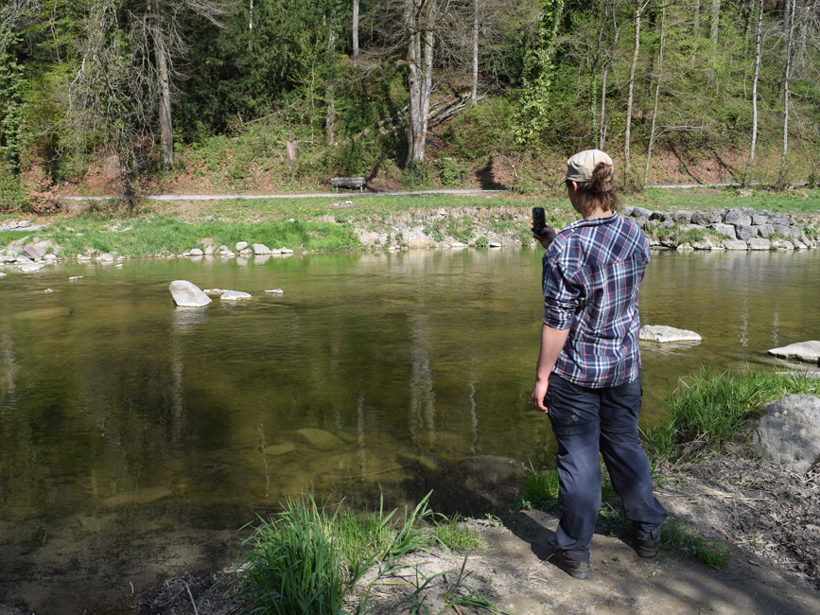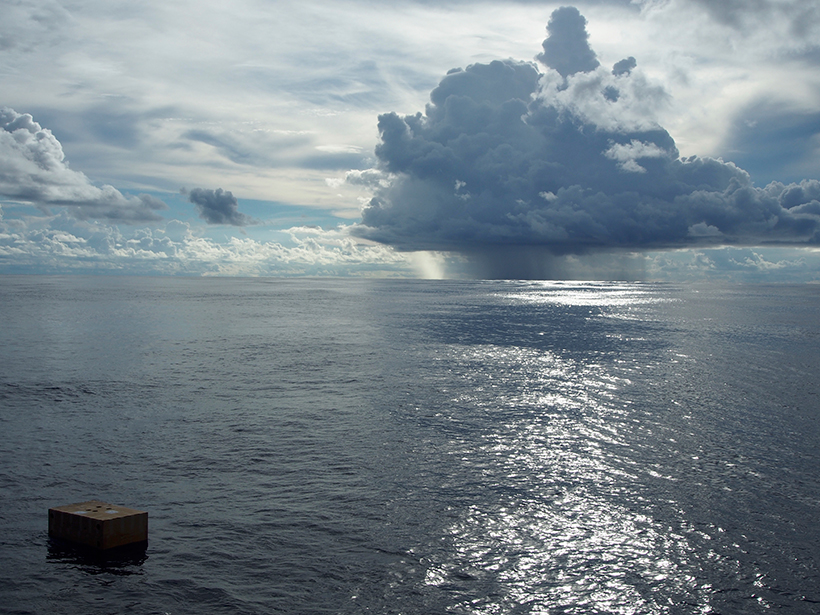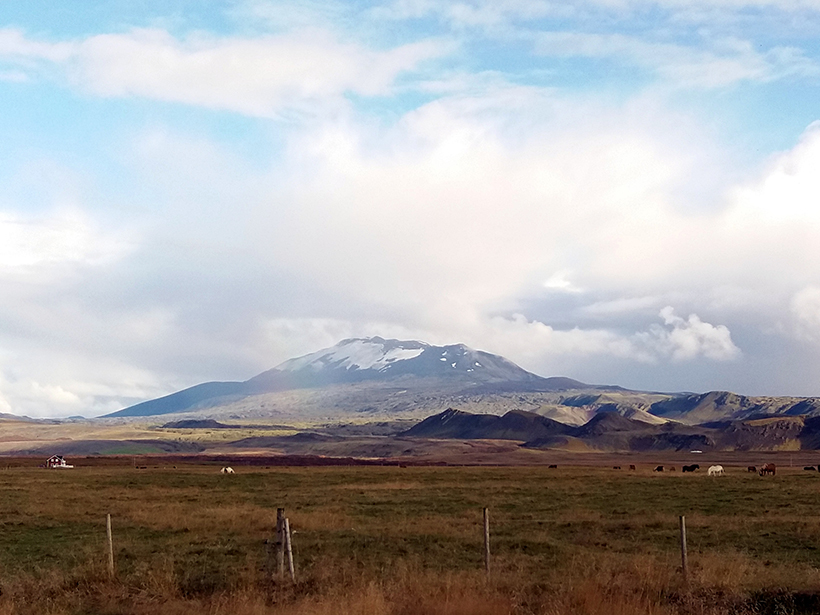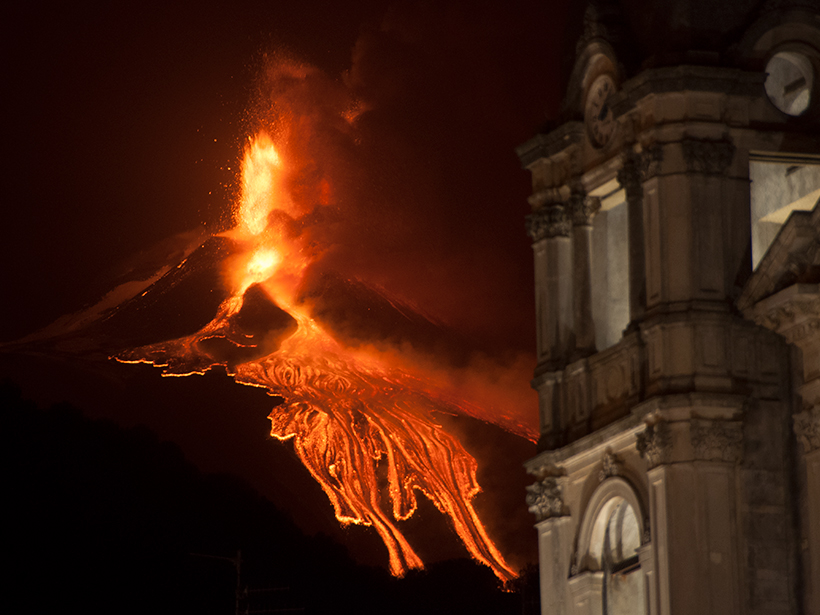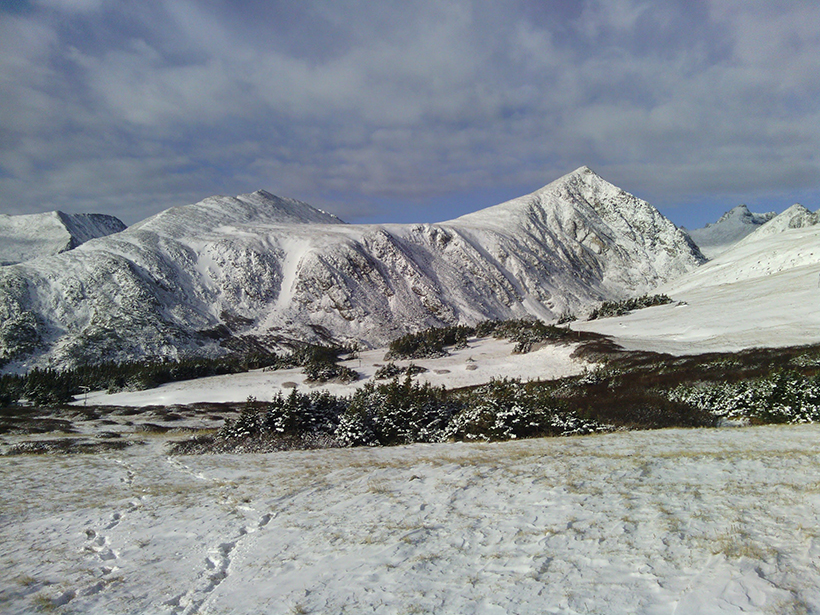GOTHAM International Summer School on Global Teleconnections in the Earth’s Climate System – Processes, Modelling and Advanced Analysis Methods; Potsdam, Germany, 18–22 September 2017
Science Updates
Testing the Waters: Mobile Apps for Crowdsourced Streamflow Data
Citizen scientists keep a watchful eye on the world’s streams, catching intermittent streams in action and filling data gaps to construct a more complete hydrologic picture.
Reconstructing Climate and Environment from Coral Archives
Tropical Coral Archives—Reconstructions of Climate and Environment Beyond the Instrumental Record at Society-Relevant Timescales; Bremen, Germany, 28 September 2017
Piecing Together the Big Picture on Water and Climate
A new database brings together water isotope data from many sources, providing an integrated resource for studying changes in Earth’s hydroclimate over the past 2,000 years.
Welcoming Women into the Geosciences
Early results of a program to foster the careers of women entering the geosciences demonstrate the effectiveness of several specific factors.
Satellites and Cell Phones Form a Cholera Early-Warning System
A new initiative combines satellite data with ground observations to assess and predict the risk of cholera outbreaks in Bangladesh’s vulnerable populations.
Winter Conditions Are Changing Rapidly in Alpine Lake Ecosystems
LimnoAlp Workshop; Lake Cadagno, Switzerland, 10–15 September 2017
Nordic Workshop Takes on Major Puzzles of Paleomagnetism
8th Nordic Paleomagnetism Workshop; Leirubakki, Iceland, 30 September to 7 October 2017
Radon Tells Unexpected Tales of Mount Etna’s Unrest
Readings from a sensor for the radioactive gas near summit craters of the Italian volcano reveal signatures of such processes as seismic rock fracturing and sloshing of groundwater and other fluids.
Modeling Global Change Ecology in a High–Carbon Dioxide World
Ignite-style Session, Ecological Society of America Annual Meeting; Portland, Oregon, 11 August 2017


